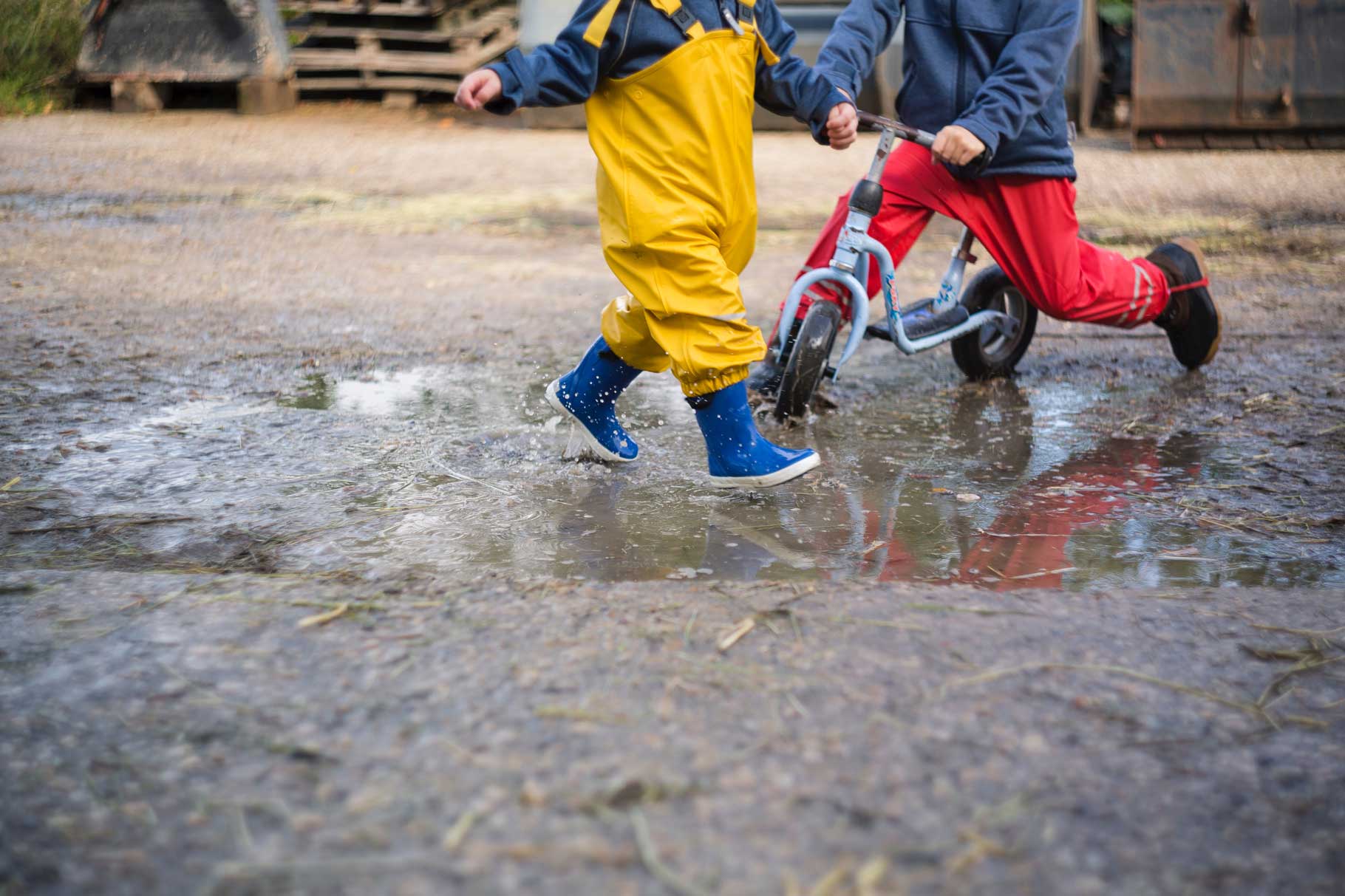The Montessori system employs a non-compulsory learning method which focuses on fun, play and flexibility. It is a learning method influenced by Maria Montessori.
Learning through play teaches children to be spontaneous. It is perceived as the best medium for children to develop multiple skills and talents that also favours individuality among the youngest kids. It is a learning strategy that also teaches children the values of respect, cooperation and co-existence.
Imani Montessori School offers non-compulsory methods of learning in its curriculum. This style fosters flexibility of learning for each child through fun games and activities that stimulate the body and the brain.
At Imani Montessori, children are encouraged to engage in activities of natural development through play, curiosity, communication, exploration, and collaboration.
Discovery-based learning with guidance and assistance from certified Montessori educators is provided. Educators teach children based on their curiosity levels. Some want to know who is the man on the moon? What is he doing on the moon? How did he get there? Can I get there? and many other curious questions the young children need answered. We meet the child at their level of interest and help develop it further from that.
The Montessori learning method is advantageous as it leads to a natural inclination where children learn to ask questions out of their own interest. This is important since as they advance to the primary structured learning, they have the basic skills and securities to learn new things.
When learning is fun and dynamic, children gain a lot as their social, mental and physical capacities grow.
Non-compulsory methods of learning like the ones followed at Imani Montessori motivate children to learn without the pressure on performance and what grades were scored. The objective is always to foster learning and to teach children to understand the society and the world around them.
Learning in school and at home is important. Playing at home with your children is also important in the development of social skills that are beneficial in the later advanced levels of education and in improving children’s self-esteem which is important for the growth and learning processes of children.



Join the Conversation